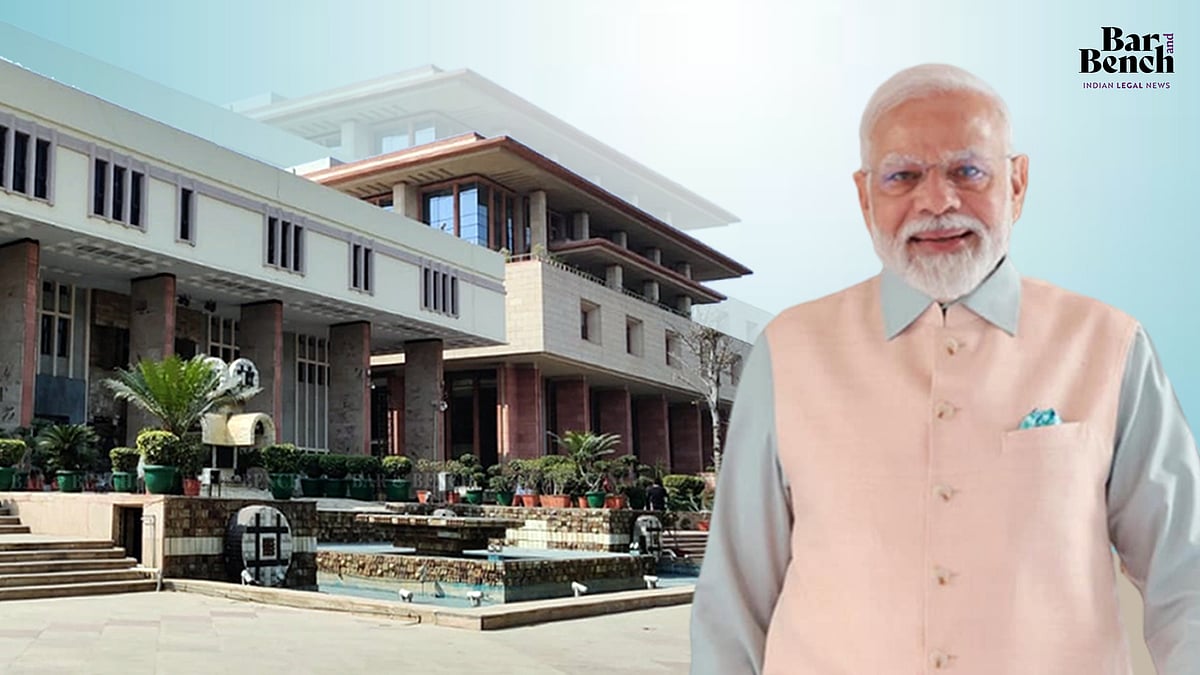Title: Narendra Modi Exclusive | Can't Fix Elections in India, Not Even for a Municipality
In a recent exclusive interview, Indian Prime Minister Narendra Modi addressed a range of issues, one of which stood out prominently - the integrity of India's electoral process. Amidst global concerns about the sanctity of elections, particularly in light of recent controversies and allegations in various parts of the world, Modi's assertion was clear and resolute: Elections in India are beyond manipulation, even down to the level of a municipality.
India, the world's largest democracy, has often faced scrutiny over the fairness and transparency of its electoral process. However, Modi's statement serves as a robust reaffirmation of the democratic values deeply embedded in the country's political system.
The significance of Modi's assertion lies not only in its immediate context but also in the broader global discourse surrounding electoral integrity. In an era marked by heightened polarization, disinformation campaigns, and attempts to influence democratic outcomes, the assurance of free and fair elections is a fundamental pillar of any democracy.
Modi's statement reflects a broader sentiment among Indian policymakers and citizens alike - a steadfast commitment to upholding democratic principles and ensuring that every vote counts. Despite the complexities and challenges inherent in India's diverse electoral landscape, the message is clear: the democratic fabric of the nation remains resilient and unyielding.
It is worth noting that India's electoral process is often hailed as a remarkable feat of logistics and organization, involving millions of voters, thousands of candidates, and extensive security arrangements. From remote rural villages to bustling urban centers, the electoral machinery ensures that every eligible citizen has the opportunity to cast their vote without fear or favor.
Furthermore, India's Election Commission, an autonomous constitutional authority, plays a pivotal role in overseeing the conduct of elections and enforcing electoral laws. Its impartiality
and diligence in upholding the electoral process's integrity have earned it widespread respect and admiration both domestically and internationally.
Modi's assertion also underscores the importance of public trust in the electoral process. In a democracy, the legitimacy of elected representatives hinges on the confidence of the electorate in the fairness of elections. By unequivocally stating that elections in India are beyond manipulation, Modi not only reaffirms this trust but also calls upon all stakeholders to uphold the sanctity of the electoral process.
However, it is essential to acknowledge that maintaining the integrity of elections is an ongoing endeavor that requires constant vigilance and proactive measures. India, like any democracy, is not immune to challenges such as electoral malpractice, voter intimidation, and attempts to subvert the electoral process. Therefore, Modi's statement should serve as a rallying cry for continued efforts to strengthen electoral institutions, enhance transparency, and combat any attempts to undermine the democratic process.
Moreover, Modi's assertion resonates not only within the Indian context but also carries broader implications for the global democracy movement. At a time when democratic values are under threat in various parts of the world, India's steadfast commitment to free and fair elections serves as a beacon of hope and inspiration.
In conclusion, Narendra Modi's assertion that elections in India cannot be fixed, not even for a municipality, is a powerful reaffirmation of the country's democratic ethos. It reflects the resilience of India's electoral process, the dedication of its institutions, and the unwavering commitment of its citizens to uphold democratic values. As India continues its journey as the world's largest democracy, Modi's words serve as a reminder that the integrity of elections is not just a matter of procedure but a cornerstone of democracy itself.




0 Comments